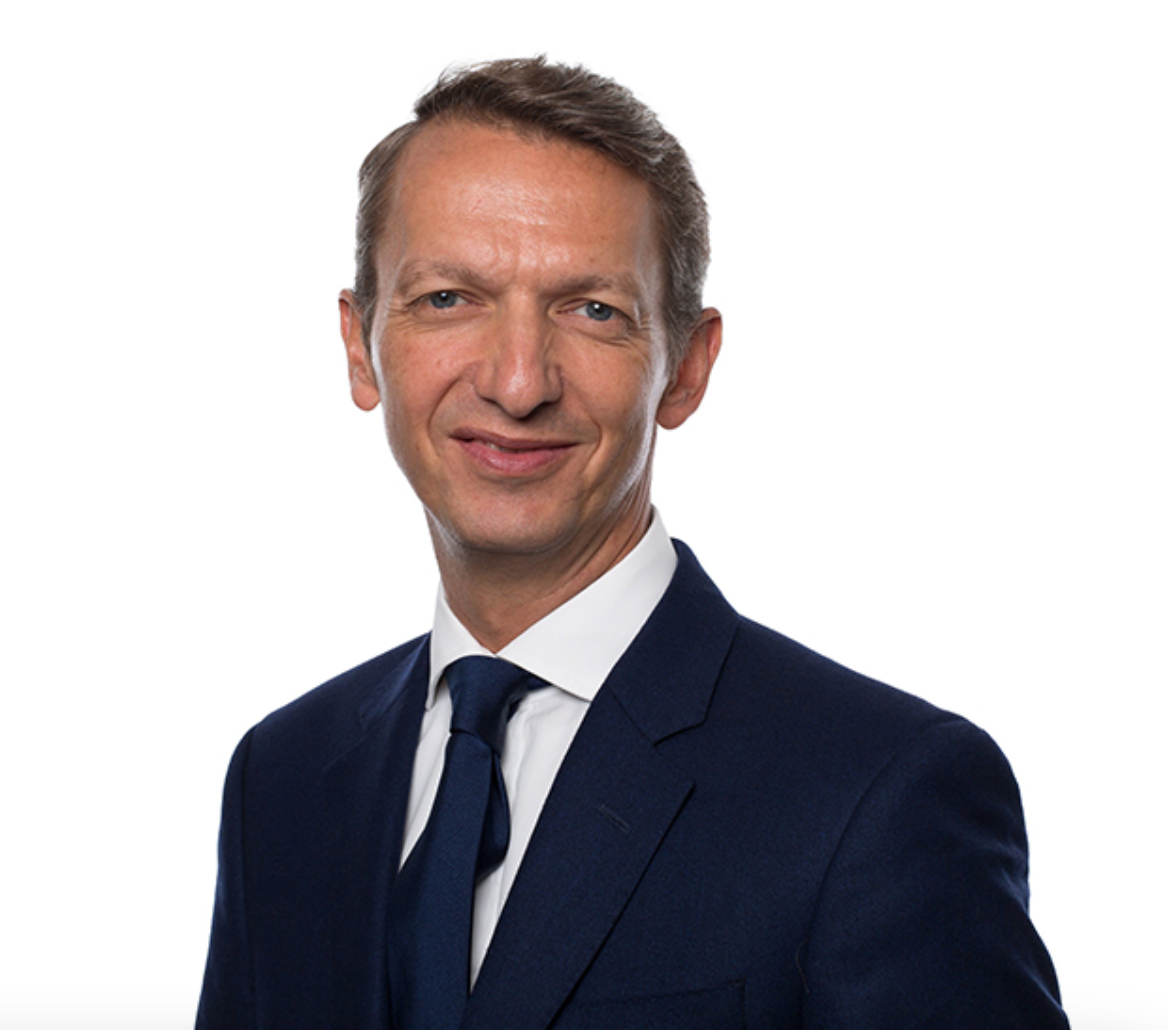He advised the Bank of England, and now advocates “community capitalism”. But is the RSA’s Andy Haldane listening to enough voices from below?
From Economist
As central bankers went, the ex-Bank-of-England’s Andy Haldane was a notably interesting and eclectic thinker. He brought in non-financial people (from Billy Bragg to Grayson Perry) to speak to staff, and often went on tours to “left-behind” areas from Ashington to Boston, Cardiff to Derry. Haldane has also written one of the best justifications for commercial and social investment in creativity.
Now Haldane has moved to being executive of the RSA (taking over from Matthew Taylor) - and gave a speech to the Local Trust (who we collaborated with last year). He’s beginning to set out his stall for what he wants the venerable “arts and manufactures” institution to start fixing in the world.
The speech was titled The Second Invisible Hand - which Haldane states is the operations of civil society and community power, as well as Adam Smith’s famous market mechanisms. Very clearly written and impressively referenced, we welcome Andy’s sincere consideration of how relationships-driven localisation has its own capacity to develop and progress communities.
His most striking point is to remind us how state, market and civil society often (not always) worked together well during the pandemic. The brilliance of vaccine scientists means little without the millions of volunteers and returning medical retirees who helped people to get vaccinated, and pulled into the medical services. State-provided furloughs were matched by mutual-aid networks spontaneously springing up, to help the vulnerable experiencing sudden quarantines. The picture we know wasn’t perfect, but it’s certainly a strong foundation to “build back better” upon.
But there are parts of Haldane’s speech that don’t fit well together - at least to our eyes. For one thing, is “community capitalism” - his chosen term for his overall new model - as encompassing a title as it might be? Why tie down the power of communities to one explicit, “capitalist” arrangement of markets, institutions and regulations?
Haldane wants us to “develop civic institutions, and social infrastructures, which serve as stewards of the community commons and scaffolding for social capital”, quoting Elinor Ostrom’s commons-thinking. There is much emphasis on the need for implanting management skills in communities; in using “wellbeing” indicators to “measure” the quality and quantity of civic relationships in an area; in maybe changing company law so that it’s easier to be for-benefit as well as for-profit.
But unless we’ve missed it, the “state” part of the state-market-community trinity is left off the hook of what’s probably their biggest contribution to “community power” - which is to support with money and time the capacity to exercise that power. Meaning universal basic/citizens income, and the shorter working week (the benefits of the latter being strongly corroborated from a study in Iceland published this week).
Instead of using technology to somehow “monitor, measure and value” community power from the perspective of a better-governed state, perhaps technology’s productivity could be harnessed into increasing people’s freedom to exert and explore their own power? Perhaps we need a “partner state” to communities, more than a “monitory state”?
We are also a little amazed at the peremptory references to “climate” (twice) and “green” (once). Does a “community” capitalism address capitalism’s tendency to generate toxic “externalities” to its operations? Will it price in the polluting toxicities it generates as a system?
We would compare this, as a title and practice, to the “community wealth-building” that takes place in the UK and UK. The CWB’s attend to how companies and enterprises are structured - but allow space for mutuals, commons and cooperatives to get themselves off the ground, flourishing in marketplaces but with a different attitude towards capital and profit in their trading. Isn’t “wealth-building” just a little more ecumenical and inclusive than a stark declaration of “capitalism”?
One also might have expected a mention (or even awareness) of the UK work of Transition Towns, who are decidedly pro-enterprise but within a very clear vision of sustainability and the transition to a new, zero-carbon model. We would also point Andy to the work of Uffe Elbaek in Denmark, and his attempts (with Alternativet and now Independent Greens, but also with his business school Kaos Pilots) to blend strong environmental imperatives with creativity and community. And it would also be nice to talk about what we at A/UK are trying to open up with CANs (citizen action/community agency networks).
More here from Andy Haldane’s lecture - which again is welcome as a turn of establishment attention to community power.
One more mention, though, of a report from the Institute for Community Studies this week, titled “Why Don’t They Ask Us? The Role of Communities In Levelling Up”. According to them, the story of top-down policy intervention for the benefit of communities is a dismal one:
Interventions have consistently failed to address the most deprived communities, contributing to a 0% average change in the relative spatial deprivation of the most deprived local authorities areas;
The majority of ‘macro funds’ and economic interventions over the last two decades have not involved communities in a meaningful nor sustainable way;
The focus of interventions to build local economic resilience typically concentrate on a relatively small number of approaches, which risks missing crucial dimensions of local need, opportunity and agency, and reinforcing gaps between the national and the hyper-local
More here. And listen to more voices from below, Andy Haldane.


